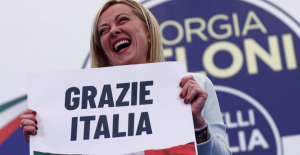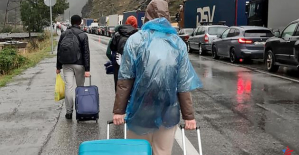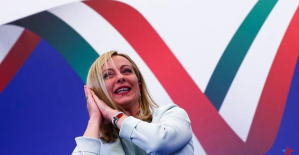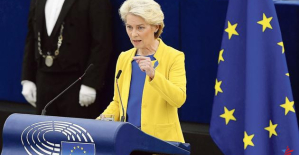The President of Sri Lanka fled his palace after being stormed on Saturday by demonstrators. Since then, the country has been rocked with protests and violent clashes over three months amid an economic crisis. The 22 million-strong South Asian island is currently in its worst economic crisis since 1948 when it gained independence. It faces shortages of electricity, gasoline and record inflation. After the Easter 2019 Islamist attacks, the Covid-19 pandemic decimated foreign currency reserves due to tourism revenues and diaspora remittances.
On the night from March 31st to April 1st, hundreds of protestors attempted to storm President Gotabaya Rajapaksa’s Colombo residence and demand his resignation. The president declared a state emergency on April 1. A 36-hour curfew was imposed on April 2nd. This was defied hundreds of protestors. Support for law enforcement by the deployment of the army
The 3rd, resignation from the government, with the exception Prime Minister Mahindarajapaksa, who is the older brother of the president. The curfew will be lifted on the fourth. The president invites the opposition to form a government for national unity. Resignation by the Governor of Central Bank
President Rajapaksa, who had lost his majority at Parliament on the 5th, was defeated by the Podujana Party coalition, which had suffered a series defections. The end of the state emergency.
Tens of thousands protested in Colombo on the 9th against the president. This was at the request of social networks, the Anglican, and Catholic Churches, and joined by their employers. Protesters gather in large numbers and camp out in front of the presidential offices.
The 12th saw the country run out of foreign currency and default on its 51 billion dollar foreign debt. It declared that it was the "last resort" for imports of essential products. The new government was formed on the 18th. Two of his brothers and a nephew are dismissed by the president, but he retains his older brother as Prime Minster.
The 19th saw the police kill a man. This was the first fatality since the protests began. The International Monetary Fund, which Sri Lanka had been in discussions with to receive aid of 3-4 billion dollars, requested that the government "restructure" its massive external debt before any bailout plan could be finalized.
General strikes are declared in the country on April 28 and May 6. The president declares a new state of emergency. The Prime Minister resigns on May 9 after violent attacks by his supporters on demonstrators (9 killed and more than 250 injured), according to police. The army invaded the residence of the former Prime Minister in Colombo on the 10th after being threatened by demonstrators. The UN condemns the violence and urges the army to show restraint. The Ministry of Defense gives the order to shoot on sight.
The government fears a famine and calls for UN help. The 18th saw the first military operation to quell riots (7 soldiers were injured). Fuel sales are temporarily suspended for two weeks on the 27th. This is except for essential sectors like health. The GDP fell 1.6% in the first quarter to the end June. The June record for inflation was 54.6%.
On July 9, President Rajapaksa fled from his palace which was stormed and occupied by hundreds of protestors. The Speaker of Parliament said that he would resign on July 13 to ensure a peaceful transition. According to the Prime Minister, he is willing to resign in order to make way to a government of national unification. Protesters stormed the Prime Minister's residence and set it on fire.










